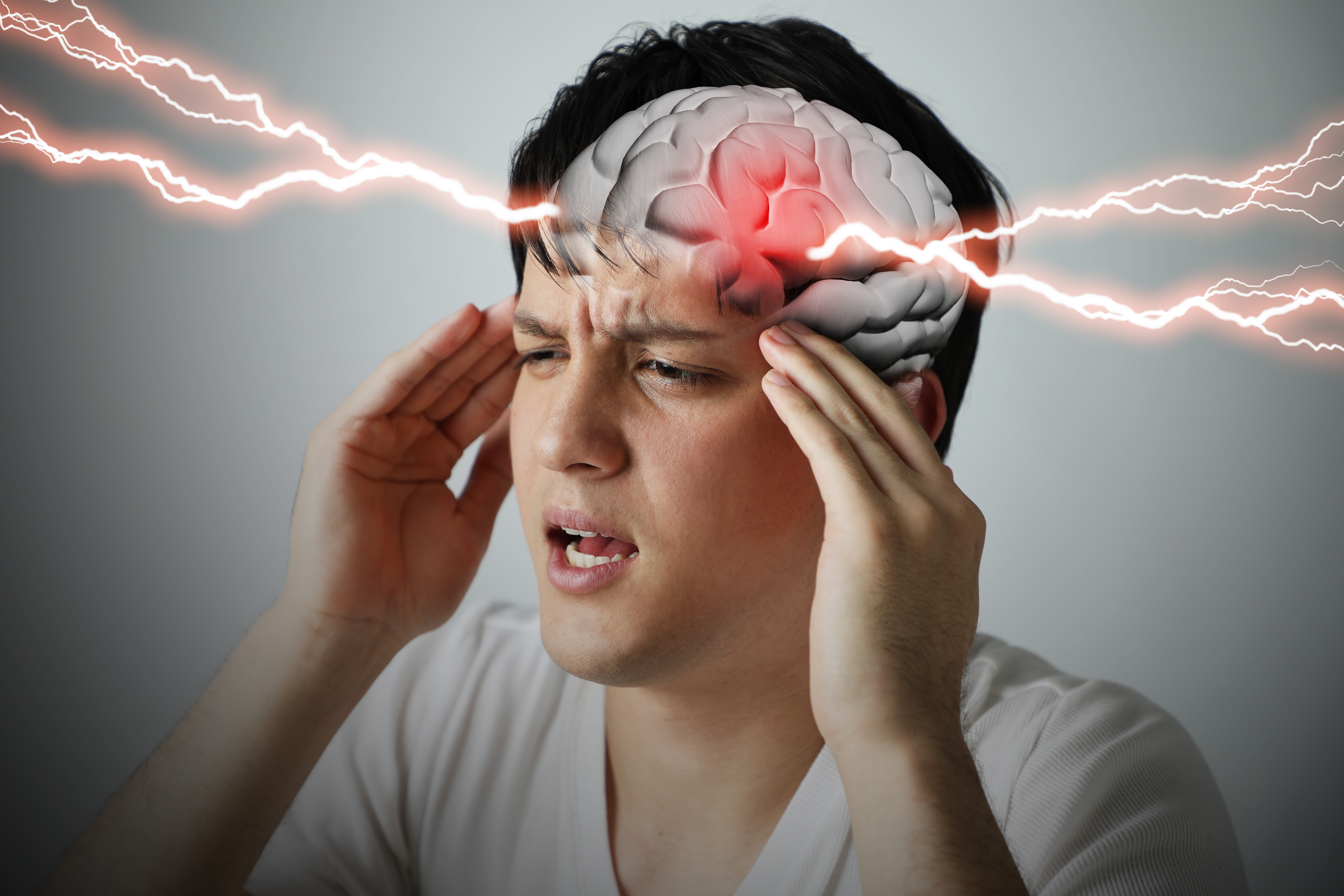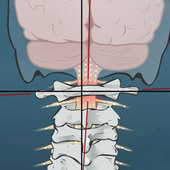Concussions are serious injuries. Imagine your child takes a hit on the football field and he hits the ground hard, seems a bit dazed and confused as he gets up, but he doesn't appear to have suffered a serious injury. Without any blatant signs of losing consciousness, acute confusion, blood or vomiting, would you even consider the possibility that a concussion was sustained? Concussions are sneaky. The symptoms are subtle and can easily be ignored in the excitement of the game.
Ultimately, preventing concussions from happening is your first line of defence. However, injuries occur, and it's best to be informed and prepared so that appropriate action can be taken immediately to avoid more severe long-term consequences. There are many myths and confusion about how to care for your brain after you experience a concussion.
DO YOU KNOW WHAT TO DO?
Proper care during the first 7 - 10 days
is crucial to ensure your recovery.
WHAT IS A CONCUSSION?
Concussion is the term applied to a brain injury induced by a biomechanical force; it can be caused by a direct blow to the head, face, neck, or anywhere on the body with enough force to transmit an injury to the brain.
It is a misconception that athletes playing contact sports are the only people that sustain concussions. Falls, car accidents, slips on the sidewalk, or any other jarring injury can result in a concussion, and you do not need to lose consciousness to have sustained a brain injury.
A concussion typically results in the immediate onset of impairment to basic brain function because it essentially causes all your neurons to fire at once. It overwhelms your brain, and you may see people stumbling, acting dazed and confused, shaking their heads, or experiencing confusion as to where they are or what happened. In some cases, signs and symptoms of a concussion may take time to evolve and might only appear minutes or even hours after the injury. Thankfully, 80-90% of concussions resolve within 7-10 days. A tricky aspect of concussions is that they are not a visible injury; they don’t appear on MRI or CT scans, and they are often misdiagnosed. The most important thing is to understand the signs and symptoms of a concussion, and if there is any doubt, manage the injury very conservatively. There is a lot of information about specific protocols to follow if someone has had an injury and a concussion is suspected. Still, you should always seek the care of a licensed health care provider, preferably one who has experience managing concussions.
THERE IS A 30-DAY WINDOW FOLLOWING THE INCIDENT
IN WHICH YOU ARE MOST VULNERABLE.
A major problem is that many people don’t know what it means to ‘rest’ a brain. If you go right back to work or school or resume any physical or mental activity, it’s as though you are going for a run on a sprained ankle. Remember, the brain needs a LOT of energy to heal.
It is crucial that during the first ten days you refrain from any activity that could put you at risk for jostling or rough body contact, even if you are feeling recovered and asymptomatic. The brain is extremely vulnerable after a concussion; even if you aren't experiencing symptoms, any further jostling or sudden movement, even small impacts, can cause a more severe brain injury. How you feel doesn't always coincide with how well your brain has recovered.
Learn the 7 Steps for Managing a Concussion or visit our FAQs for additional information.



